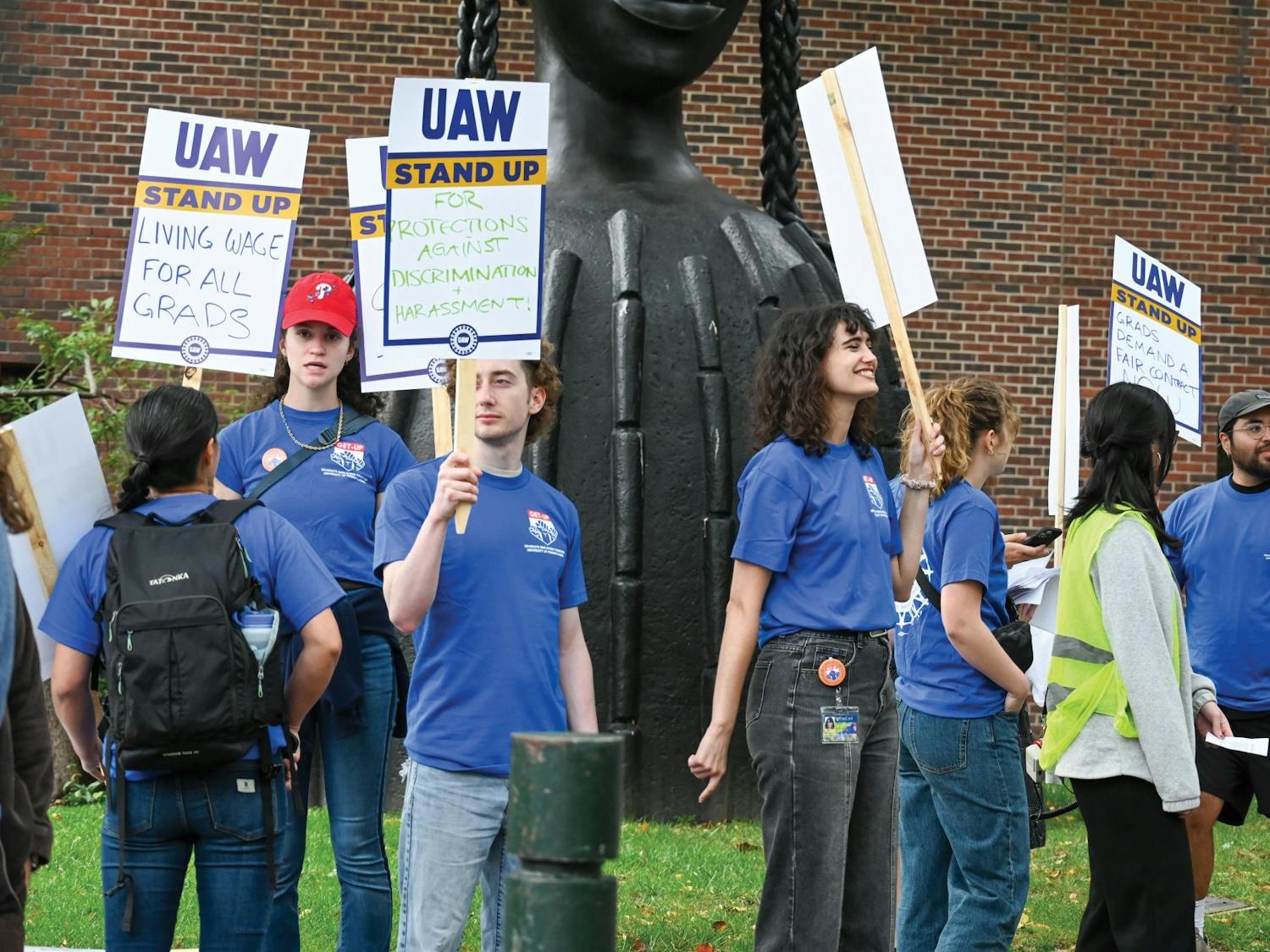Students make subjects of themselves all in the name of research Experiments conducted through the Psychology Department as well as through other laboratories around campus have been a popular way for students to improve their grades -- or to just pocket a few extra dollars. Many students who have taken or are currently enrolled in Introduction to Psychology have been asked to fill out questionnaires or surveys, some even for extra credit. Engineering freshman Alex Malek said he filled out several psychology surveys and received money for his time and efforts. "They mainly asked for my opinions on various topics such as depression," he said. "In fact, some of them you couldn't tell what they were testing. "I wasn't as candid as I would have been for some of the surveys," he said. "I felt like [the experimenter] was watching over me. "I'm doing another experiment soon for extra credit in my Psych 1 class," he added. "I don't know what it is going to be about yet, but if they decided to connect wires to my testicles, they would have to both pay me and give me extra credit." Monetary rewards have been the primary motivation for many students who have participated in different experiments. College sophomore Jared Miller was the subject in an experiment that utilized a form of monetary commission as a bonus for subjects to perform better. The experiment appeared to be testing a new children's computer program that was designed to improve memory. Miller sat in front of a computer and as various countries appeared on the screen, he had to enter their capitals into the computer. This process occurred twice, with a break in between. "In the middle of the trials, I had to fill out a psychology survey to 'clear my mind.' It was making judgement calls on various touchy moral issues," Miller said. "The survey really bothered me. They could have cleared my mind another way." On a third trial, Miller was offered an increase in the $5 pay he was to receive, based on his performance as well as his speed. Miller said he still questions the object of the experiment. "The experimenters claimed to have shown me what they were trying to accomplish -- helping to bring American students up to par with the intellectual levels of students of other countries," Miller said. "I still wonder if somehow I was being tested on the interim survey. "I think everyone should participate in at least one experiment in their lifetime. It shows how you can screw around with data if you really wanted to, but I did what was asked of me," he added. "Besides, it's an easy way of making money if you have the time." Recruitment flyers in the Psychology Laboratory Building have assisted some researchers in finding students to participate as subjects in these experiments. Research Assistant Matt Stallcup is helping to conduct an experiment to test mental imagery. Stallcup is using a Magnetic Resonance Imaging machine located at the Hospital of the University of Pennsylvania to generate the data. While Stallcup is offering pay for the hour spent in the MRI chamber, many of his subjects have have been more interested in receiving a color printout of their brain and a print-up of the data collected. Some students have also done studies for the Monnell Chemical Senses Center. Monnell performs tests on smell, taste, and sensory irritation, according to experimenter Pam Dalton, who performs research dealing with olfaction, or the sense of smell. She said many students enjoy participating in her experiments -- which Dalton partly attributes to the fact that on average, they are paid $8 an hour. "I performed one experiment dealing with air freshener and sensitivity to odors present in air freshener over time," Dalton said. For this experiment, subjects were asked to use an air freshener in their dormitory room or bedroom where they would be exposed to the smell for at least six hours a day. After several weeks of living with an odor, subjects lose the ability to smell it, according to Dalton. "Changes are occurring inside the nose or the brain," Dalton said. "But most of the discoveries have merely been anecdotal, which is why I wanted to study it. "We can also tell you who is more sensitive or not sensitive at all to different smells," she added. "It's important for people to know if they can't smell something that they are at risk of being exposed to in day-to-day life." Nursing graduate student Kathy Jordan has participated in several of Dalton's studies at Monnell. "I have participated in the experiment for the money, because I haven't been able to find a part-time job," Jordan said. One experiment in which she was a subject dealt with the perception of slides based on odors present in a room while viewing the slides. The slides included "pleasing" and "not-so-pleasing" pictures, ranging from babies and fields to death and fires. "I don't mind participating in the experiments," she said. "Besides, it's a simple way to make money -- sometimes it seems too simple." Nursing junior Sally Fried also participated in various experiments performed by Dalton. "Some of the experiments are a little strange. I had to stick bottles up my nose a bit for one of them," Fried said. "In fact, some of the odors stung my nose a bit." Fried also participated in another experiment -- of which she has no fond memories. For this test, doctors at Thomas Jefferson Medical Center anesthetized part of her nose and removed some cells with tweezers, Fried recalled, somewhat unhappily. "Even though I was paid for it, I would never do that one or one like it again," she added. Some students turn themselves into proverbial guinea pigs for pocket money or for extra-credit points. But others have filled out surveys with the sole aim of assisting the field of psychology. "They only take a few minutes, and they don't really require much thought," College sophomore Sabrina Flaum said. "I did it because I'm a psychology major, and some day I'll probably be in their shoes, needing people to participate in my experiments." While most students are trying to reap some form of benefits from participating in these studies, others are attempting to actually conduct experiments of their own. Anjani Ragade, a College and Wharton senior, is currently researching how people respond to various stimuli that deal primarily with homophones -- words that sound alike but have different meanings. "It's great to be able to get this kind of experience," said the psychology major. "I'm basically conducting it for my own intellectual curiosity. "I hit on homophones as something I was interested in, and I wanted to conduct my own study," she added. Ragade performed the experiment under the direction of Psychology Professor Michael Kelly, who said he found the subject of Ragade's research interesting and relevant. "English has many homophones which pose difficulties for language processing," Kelly said. "Subjects have been more likely to catch the mistakes when the substituted word was of a different grammatical class." But Ragade said she found it difficult to entice people to participate in the experiment. She paid subjects with money which came from a research fund of Kelly's and also convinced some of her friends to help her out. "I participated in the experiment because I'm friends with Anjani and she asked me to do it," College sophomore Jessica Grisham said. "I thought it was interesting, and it didn't take up too much time. "I'm also a psychology major and eventually I'd like to do [an experiment] of my own," Grisham added.
The Daily Pennsylvanian is an independent, student-run newspaper. Please consider making a donation to support the coverage that shapes the University. Your generosity ensures a future of strong journalism at Penn.
Donate







